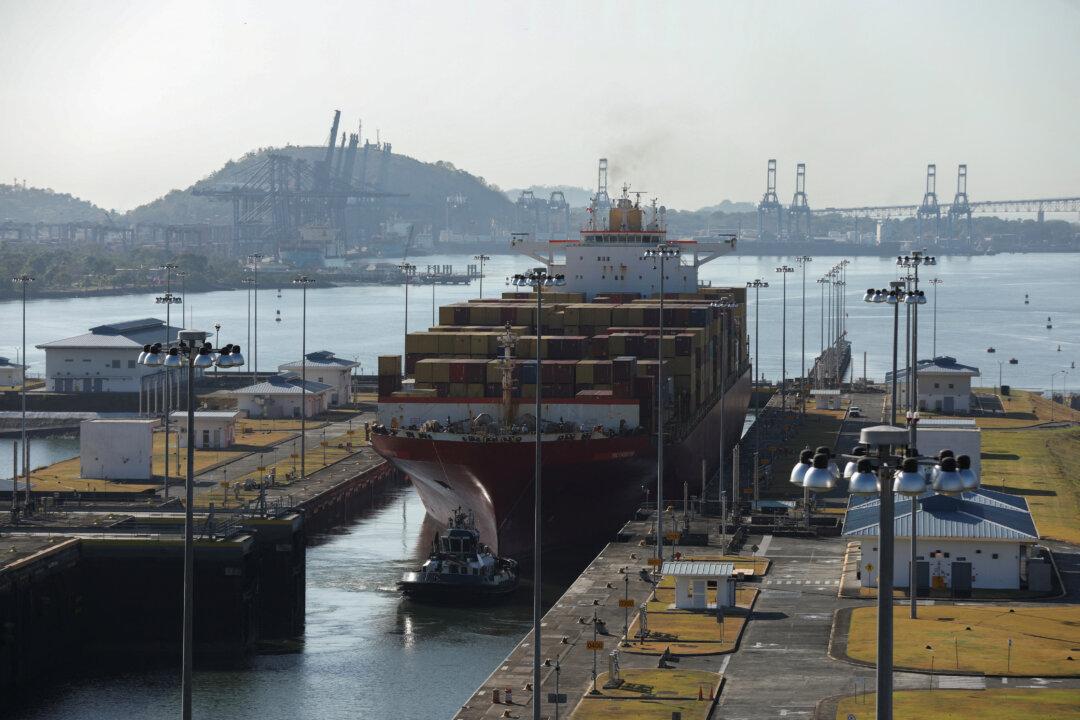The Islamist Houthi rebel forces in Yemen have claimed responsibility for an attack on a commercial ship on Tuesday, continuing a trend of attacks on international shipments throughout the Red Sea and Gulf of Aden.
On Tuesday, Houthi forces spokesman Yahya Saree announced in a post on the X social media app that Houthi sea forces conducted a missile attack targeting the Mediterranean Shipping Company container ship MSC United.





